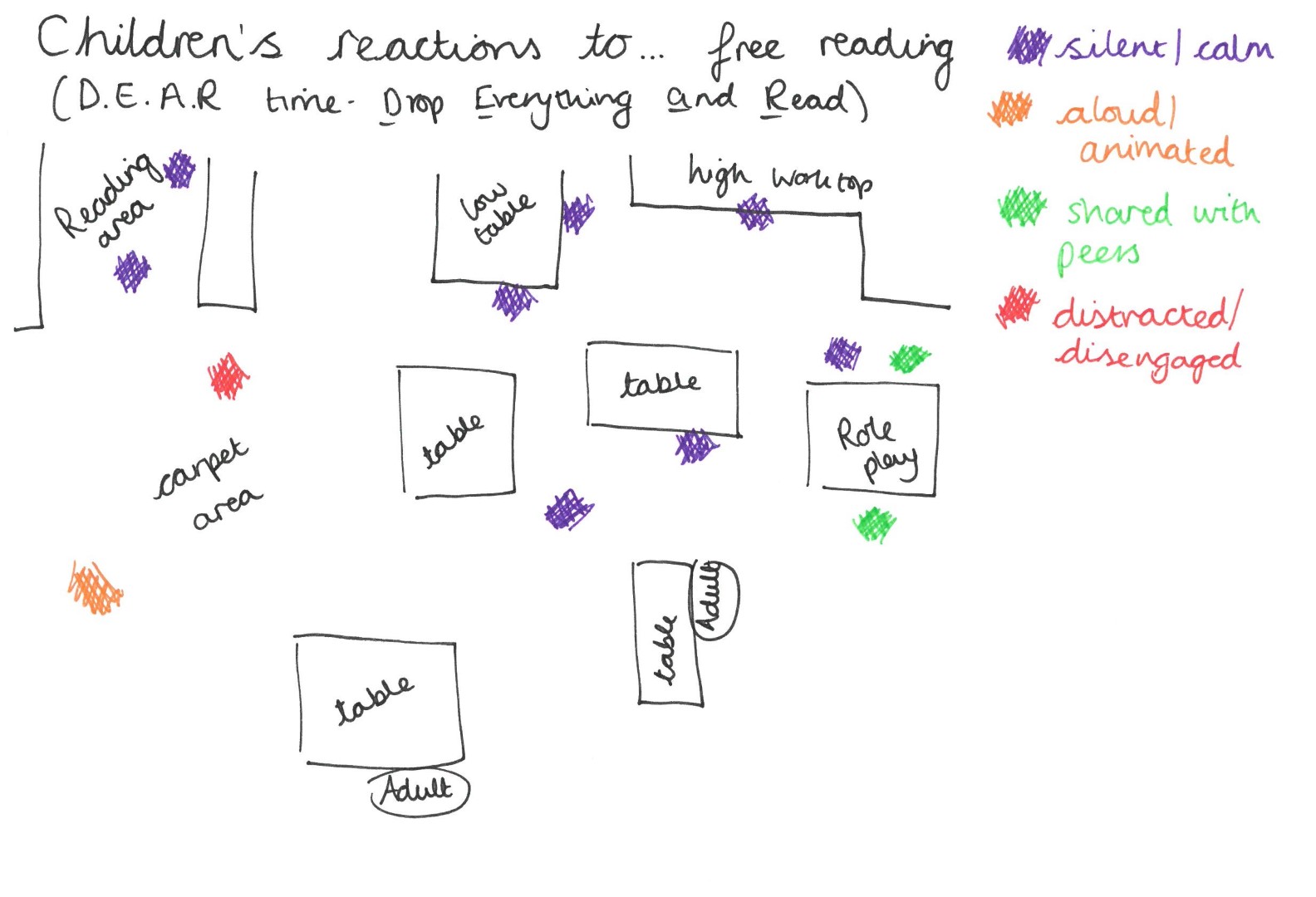OCTOBER - REACTIONS TO ...
Children's reactions to free reading
"We've been looking at that transition after lunchtime [...]. Three days a week we do something called a maths blast where we come in and we do quick fire basic skills and we were looking at having something on the other two days, so it's English related. My teaching assistant, the school that her son goes to, they do something called drop everything and read so we thought we'll trial it in our class, see if it's – I coordinate English so see if it's something we can roll out and start looking at in our class. So we've been doing that for a few weeks and it's been really positive I feel."
Children's reactions to independent reading
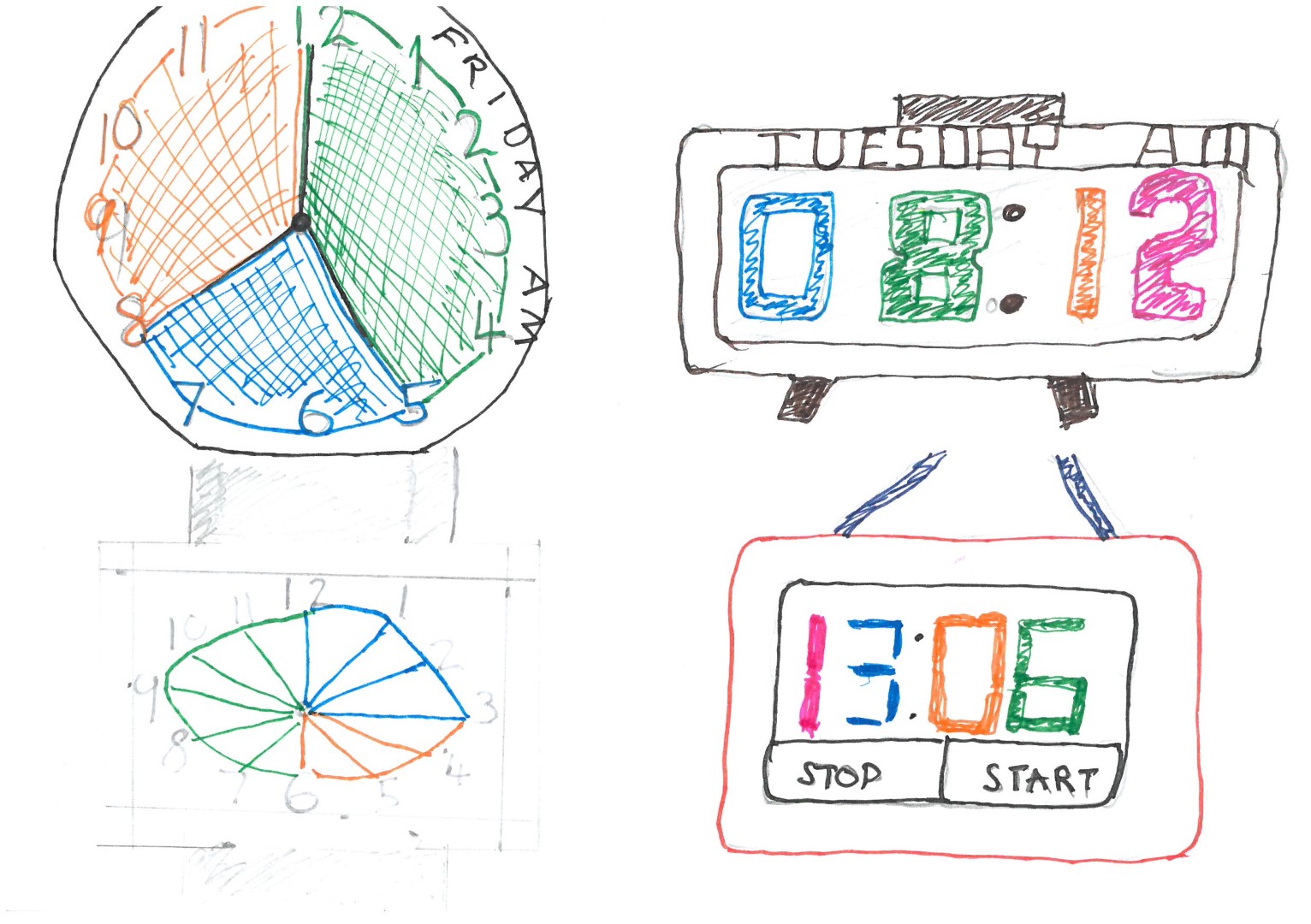
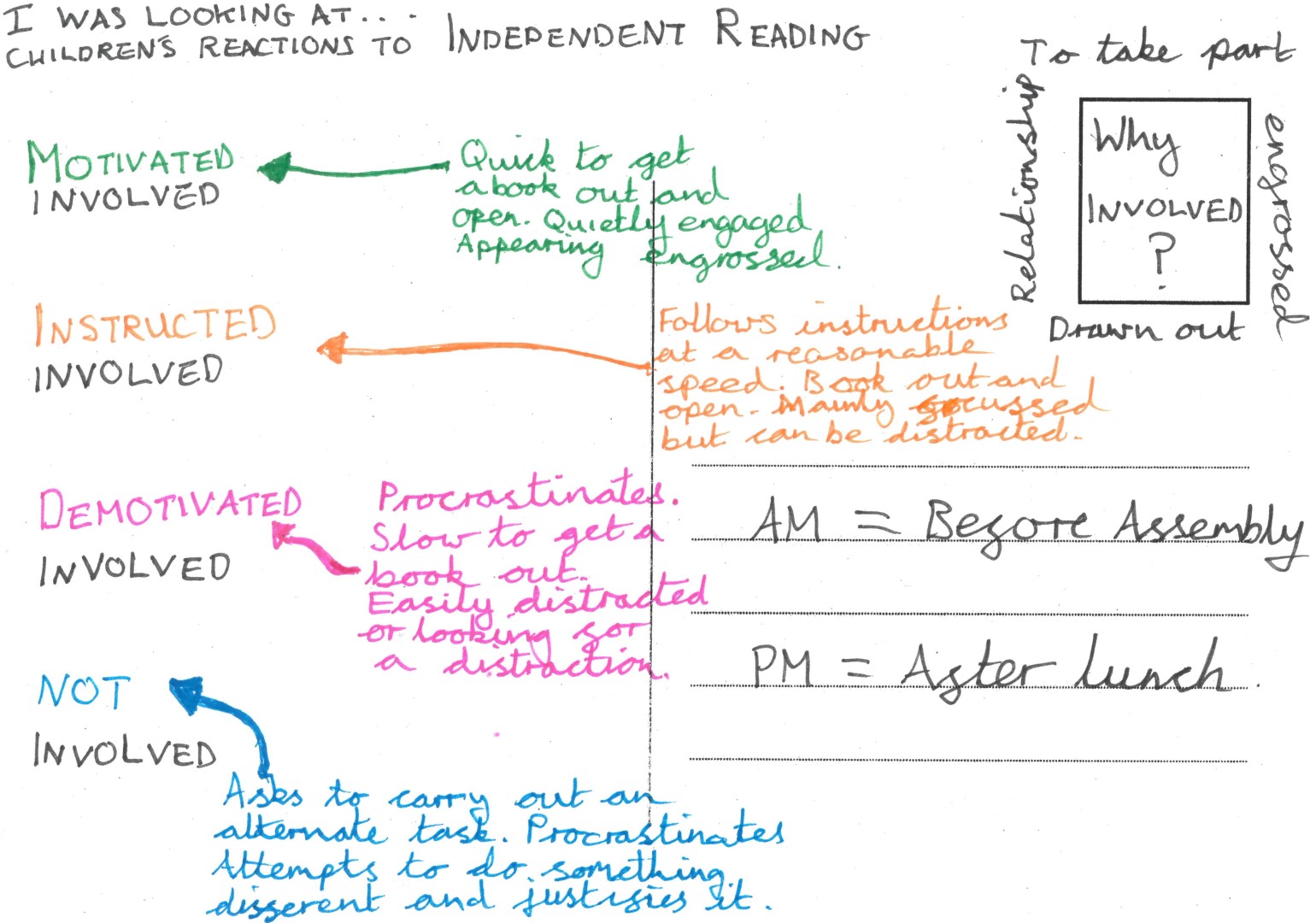
“I did children's reactions to independent reading ... Sometimes when they come in from lunch - ten minutes just - if they need bringing down a bit or it's been like today and it was particularly warm, it seemed like a good idea to just give them ten minutes to read. So what I did is I sort of looked at their level of engagement in what they were doing. I've used the word 'involved' because I sort of was thinking about words and stuff and I quite like the idea that you're either taking part or you're not taking part, maybe you're engrossed, maybe involved is like a relationship with someone or something, so it seemed like a nice word.”
Children's reactions when reading free choice in the school library
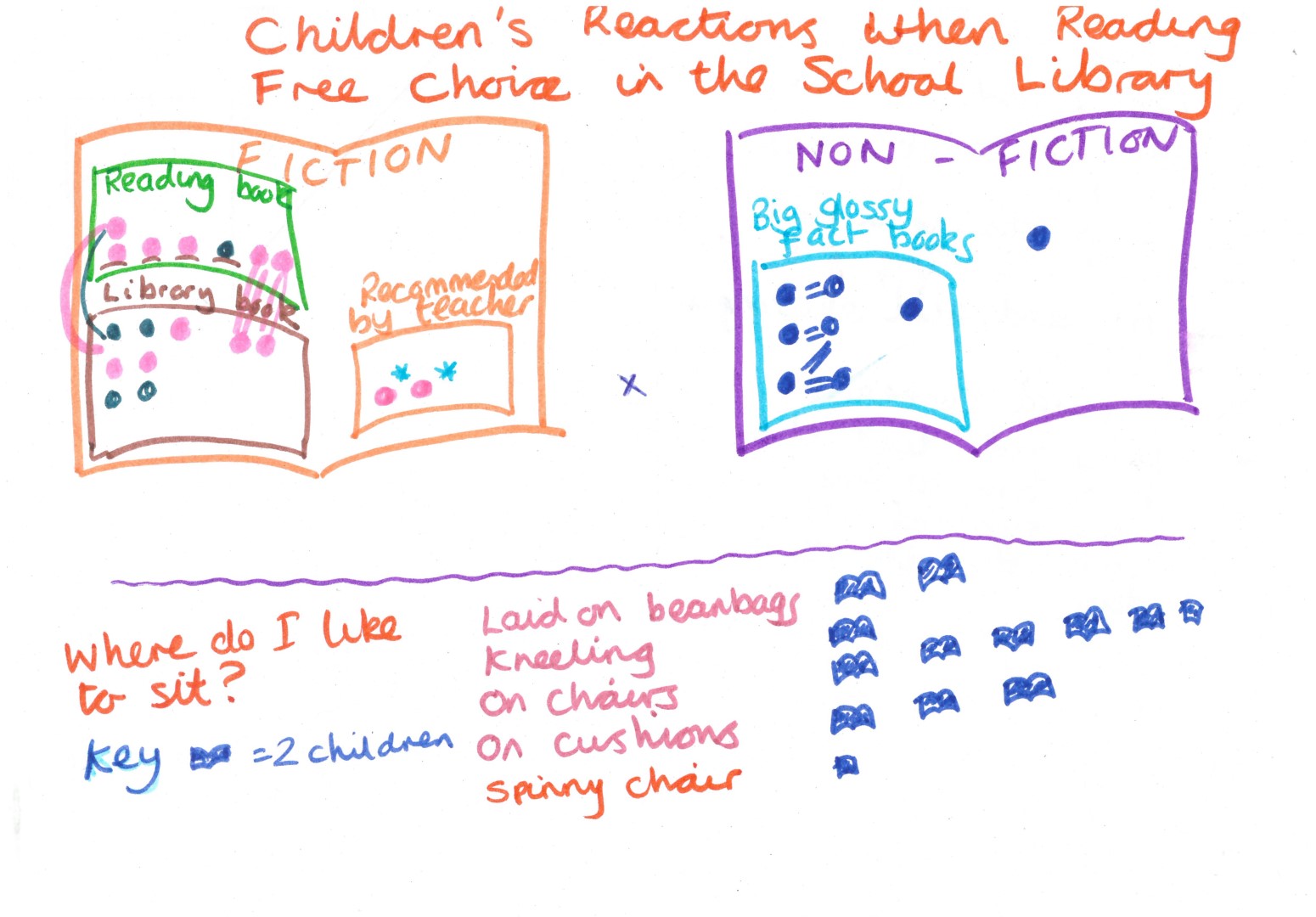
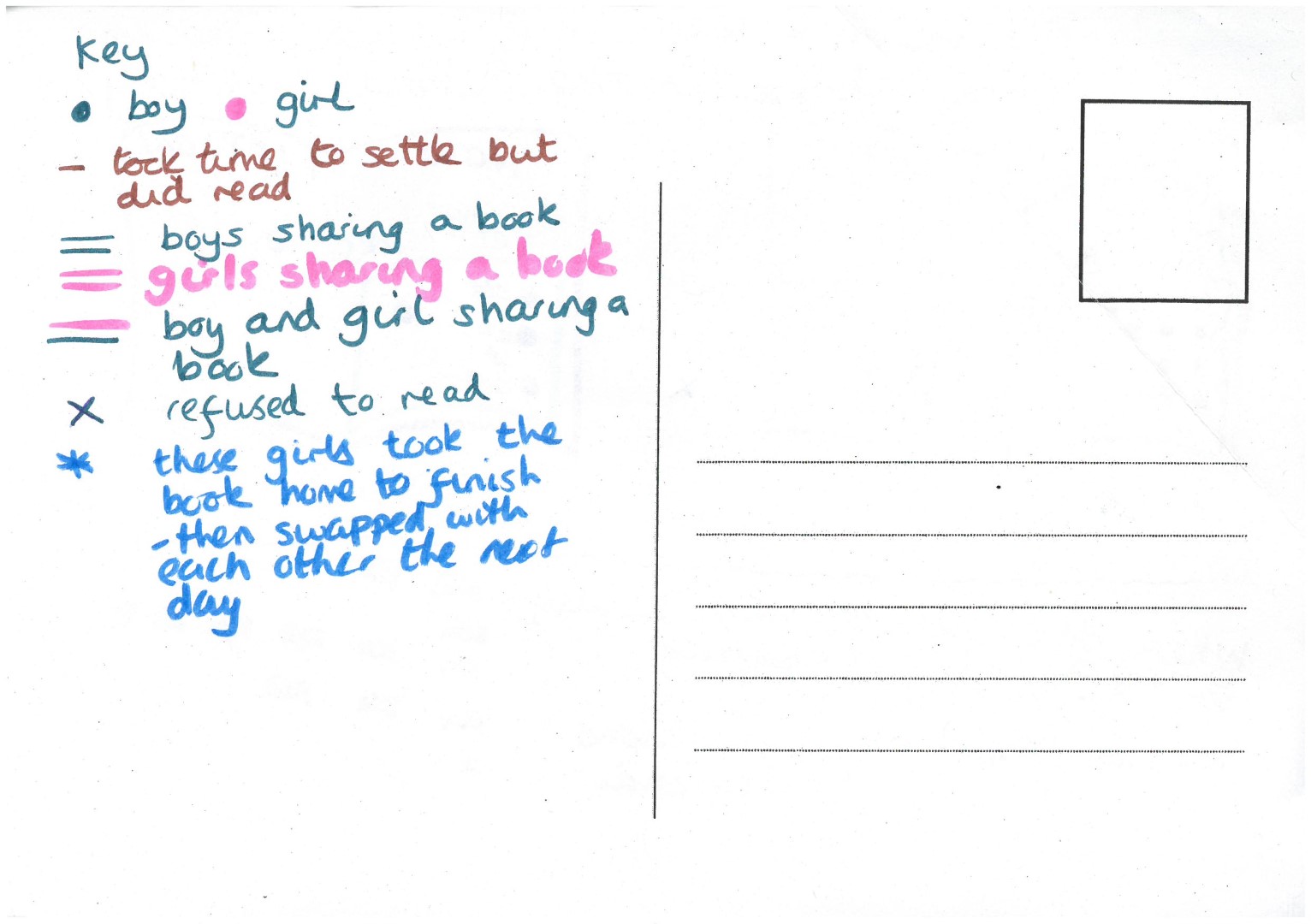
“So mine was children's reactions when reading free choice in the school library. ... I looked at what they were reading so I'd got down fiction and non-fiction, I'd broken it down further in to the big glossy fact books like your Guinness Book of Records. The blues are the boys, pinks are the girls. The little equals signs are where they were sharing. They were mainly paired up with each other but then there was another that started sharing between couples. … It was completely free choice, they could bring their reading book in to read in the library if they wanted to, they could choose from the library books if they wanted to, they could have fiction, non-fiction and I charted that with who'd brought their reading book in, who'd brought the library.
Children's reactions to a story
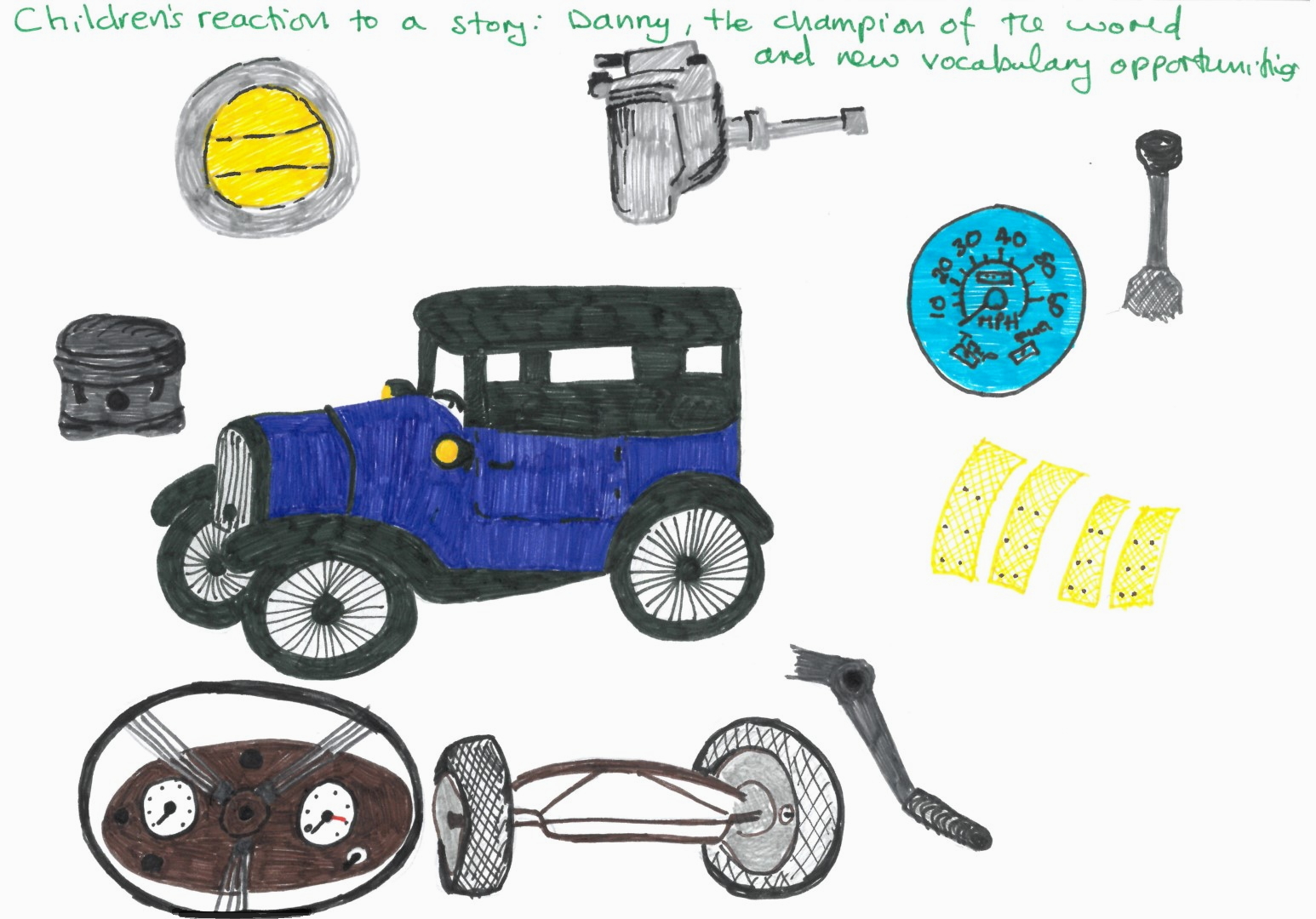
"So that was what I was looking at, trying to look at how a story can offer new vocabulary and learning … I measured the amount of times I was stopped to explain a term. So I'd be reading the book and they'd say, 'Miss, what's a carburettor? What's an axle? What's a piston? What's a dashboard? What's a speedometer?' So as I was stopped I'd then explain what these different things were. … So it's just measuring really - how from a book and the children asking you about what these words mean, that you can explain lifestyles really."
Children's reactions to their first free reading session in the library
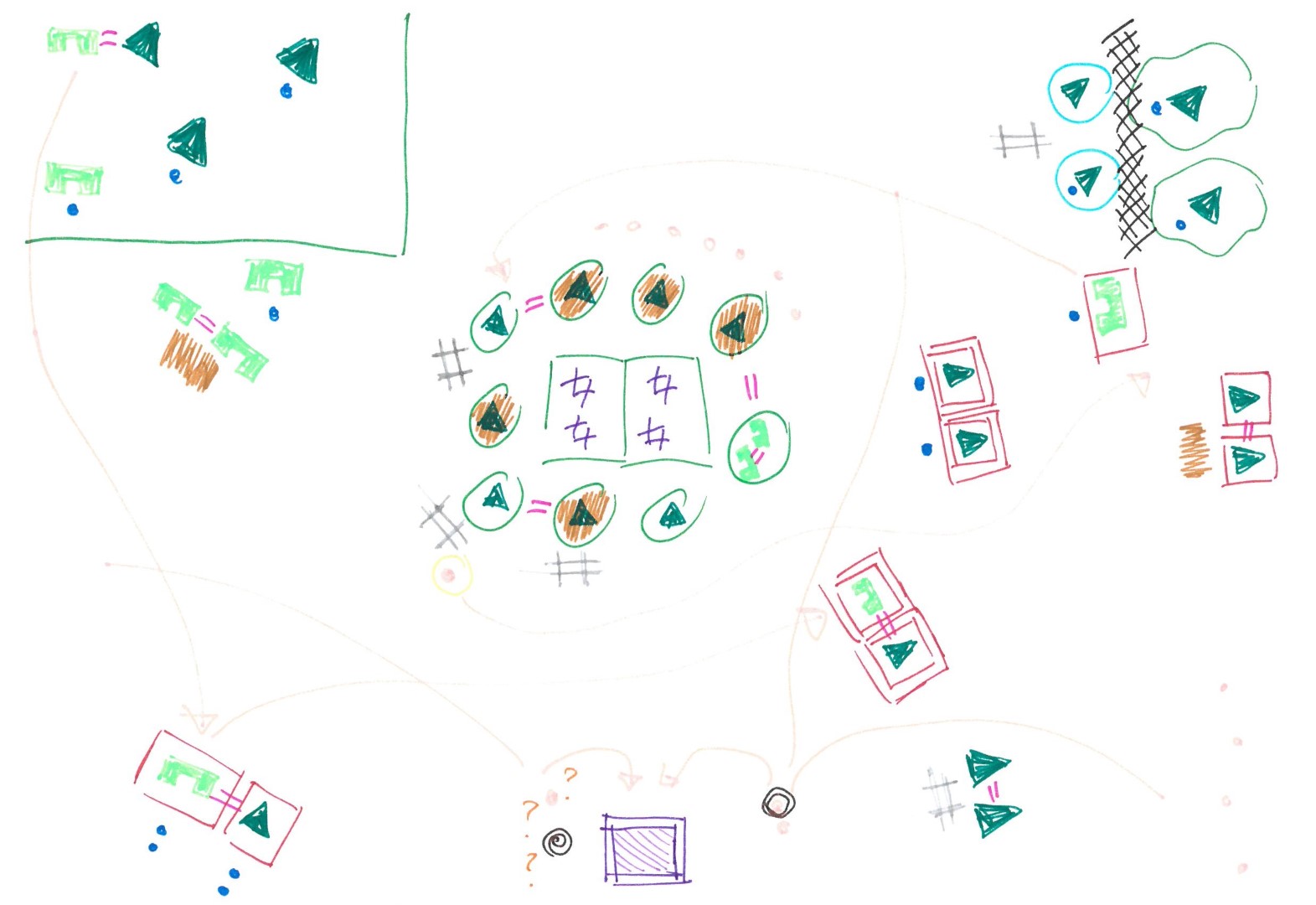
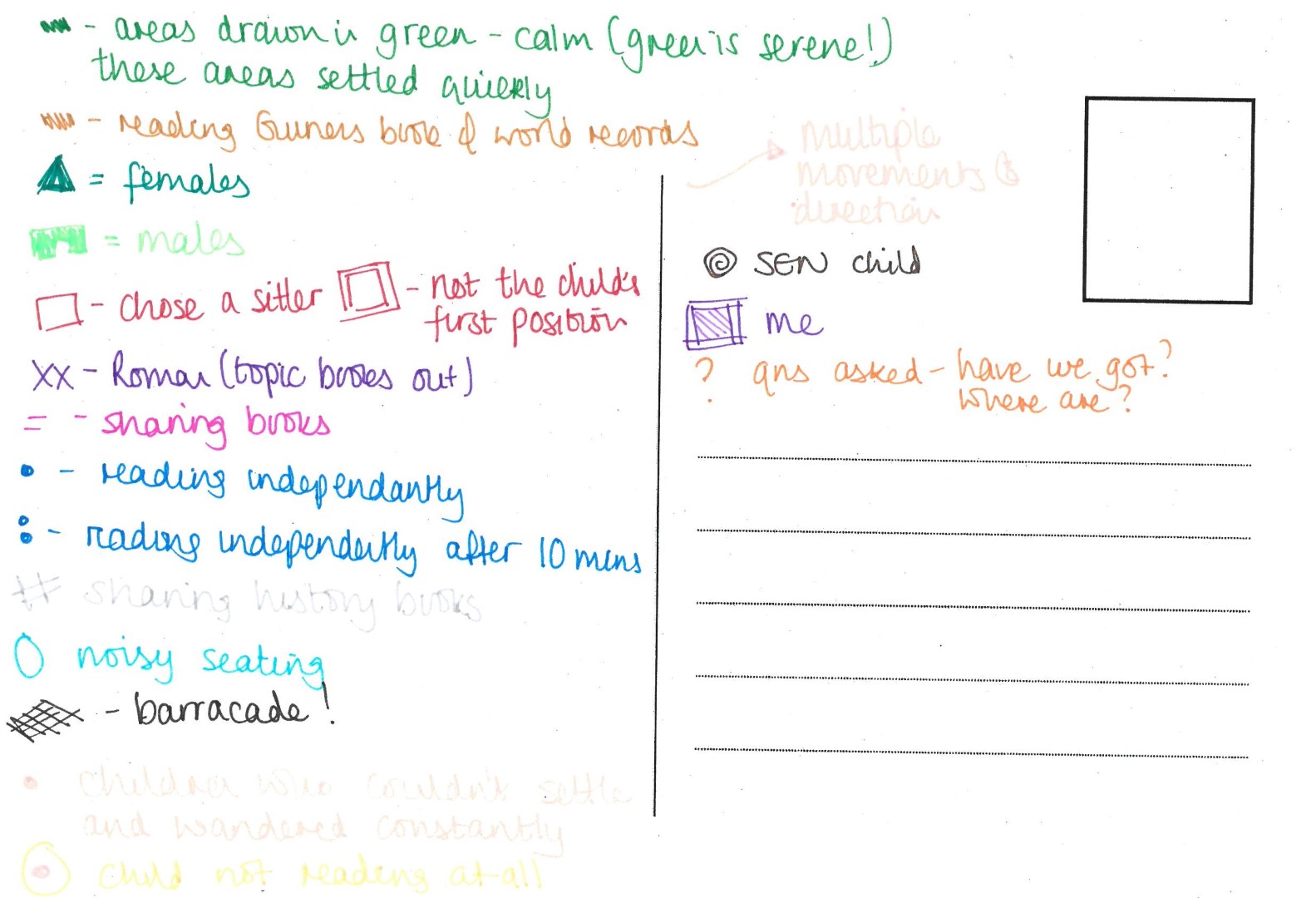
“I feel like mine's very much like some kind of rugby play. I don't quite know what was going on! I didn't want writing on there, I knew that, but I didn't know how to present it either … There was a choice of you could take your own book in if you want or you can get any book from the library and then, again, there were a few of our topic books on the table in the middle so that's kind of what the split is here. We've got a table there with some really comfy, gorgeous seating around it and then around the outside are the bookshelves all along there, and this bit's sort of a fiction area, so the rest of it's non-fiction. ”
Children's reactions to 'Holes' by Louis Sachar
"I've used a continuum across the middle and this is imagining that you absolutely love the book and you can't put it down, you want to keep reading the whole time. Then I decided to look at it from a boys and girls perspective because my classroom is very boy heavy...
Whole class reading is something that we've only just moved to as a school and we're linking it with The Power of Reading so it was useful. We've actually used this in our governors meeting to share the impact that The Power of Reading is having because, again, we can see the engagement of the children, like I said, the ones with the boxes, the fact that they were slightly more reluctant readers that straightaway were jumping in and really engaging in access."
